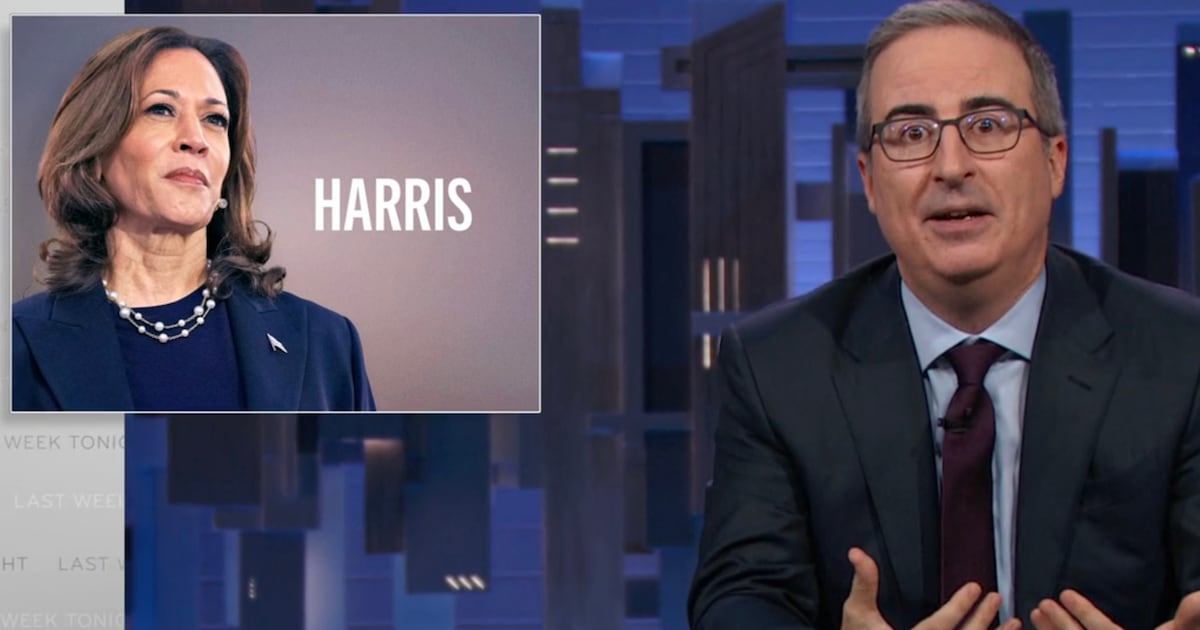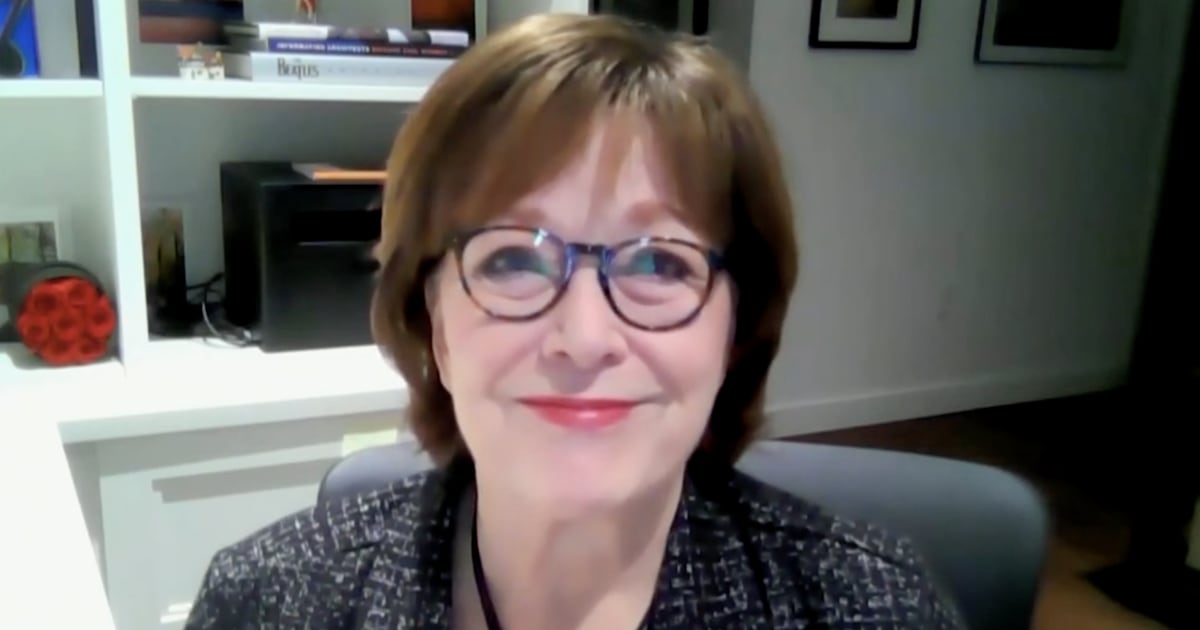Thirty-two years after he first took power in a military coup, Muhammadu Buhari has returned as Nigeria’s newly elected president, vowing to take on the Boko Haram militants who recently pledged allegiance to ISIS, or the so-called Islamic State.
When he is asked how he will defeat the militants who have killed thousands of people in northern Nigeria, Buhari is quick to remind people of how he faced down armed insurgents in the same region as a military officer in the 1980s.
As the commanding officer of the Third Armored Brigade at Jos, Buhari played a leading role when President Shehu Shagari crushed the Maitatsine riots of 1980 in the Bulumkutu area of Maiduguri.
ADVERTISEMENT
At that time. the Maitatsine sect was doing exactly what Boko Haram does today in the same region. Just like Boko Haram, the founder of the sect, Mohammed Marwa, was alleged to have been killed in 1980. But his group continued their criminal assault on people and places. Like Boko Haram, they held territories that included some of the same locations held by jihadists in today’s Adamawa State, which was then known as Gongola State. And while Boko Haram is better armed—they have seized weapons from the Nigerian military and are perhaps being funded by politicians in Nigeria—Maitatsine also operated with heavy weaponry. They may have lacked widespread training camps, like Boko Haram has, but the sect attracted a large following of youths, unemployed migrants, and those who felt that mainstream Muslim teachers were not doing enough for their communities. At its height, Maitatsine had many more followers than Boko Haram does today.
When Buhari became the head of state, a rump of the Maitatsine group that escaped to Jimeta, in Yola, in 1984 exploded in another orgy of attacks on Christians and moderate Muslims. Their agenda was similar to that of Boko Haram: the group spoke against the use of radios, watches, bicycles, cars and the possession of more money than necessary. They attacked anyone who acted otherwise.
Buhari sent a military expedition and defeated the uprising, but with a heavy toll on civilians.
Musa Makaniki, the leader of the jihadists, fled to his hometown in Gombe, and Buhari pursued him there, stamping out the insurgency. More than a thousand Maitatsine members were arrested and subsequently executed; there is no known member of the sect alive today.
“I flew into Adamawa as head of state, and that was the last you heard of Maitatsine,” Buhari once said.
Three decades later, the 72-year-old former dictator has reemerged as head of state, defeating incumbent Goodluck Jonathan at the ballot box on April 1, and once again seems determined to take on Islamist insurgents.
“There is no doubt that in tackling the insurgency, we have a tough and urgent job to do,” he said in his acceptance speech, after electoral results were announced. “But I assure you that Boko Haram will soon know the strength of our collective will and commitment to rid this nation of terror and bring back peace and normalcy to all the affected areas.”
More than 10,000 people have been killed since Boko Haram began its uprising in 2009. Though the insurgency has been weakened in the past few weeks by a multinational counteroffensive, many of its key leaders are probably still alive and hiding in rural enclaves and in neighboring countries.
Despite his historic win, not all Nigerians are happy with Buhari’s election, given his past human-rights record as military ruler. During that time, he imprisoned journalists and opposition activists without trial and executed drug traffickers by firing squad.
But Nigerians, both Christian and Muslim, hope he is better-suited to battle Boko Haram, despite once declaring his support for Sharia, and being a Muslim himself.
“At last Nigeria has found a solution to the Boko Haram insurgency,” said Eyong Ofem, a member of Buhari’s political party, the All Progressives Congress. “The country has voted for a man who once cleansed it from terror.”
After the votes were counted and President Jonathan conceded defeat, Buhari’s supporters in Boko Haram’s birthplace, Maiduguri, took to the streets in celebration. Surprisingly, they were joined by men who once fought for the jihadists.
“There’s nothing about Boko Haram but lies and evil,” said Aliyu, an ex-militant. “I’m happy that a man who will defeat them has finally come.”
After he is sworn in as president on May 29, Buhari will be taking on a sect already weak in strength.
The regional offensive involving troops from Chad, Cameroon, and Niger appears to have hurt Boko Haram’s operational capacity. Despite pledges by its leader, Abubakar Shekau, to disrupt elections in the north, it carried out only minor attacks in remote communities.
Just as Maitatsine did for many years during its existence, Boko Haram has proven its ability to go to ground and regenerate. Still, in just under two months they will be facing a man who has not just read about their atrocities, but has felt the impact of their attacks.
In July 2014, Buhari escaped a bomb attack on his life by Boko Haram in Kaduna, when 82 people were killed. Since then, he has been extremely critical of the group.
His supporters are confident that his reputation for toughness—coupled with the fact that he is Muslim—would play an important role in bringing back trust, and winning the collaboration of the northern population who have felt let down by the Jonathan administration.
“Buhari is straightforward and a committed Muslim who feels the sufferings of his people,” said Abubakar Kunduli, a Maiduguri resident whose family’s 12-room shop was destroyed during an attack by Boko Haram in 2012. “I believe he’ll bring an end to the insurgency.”




